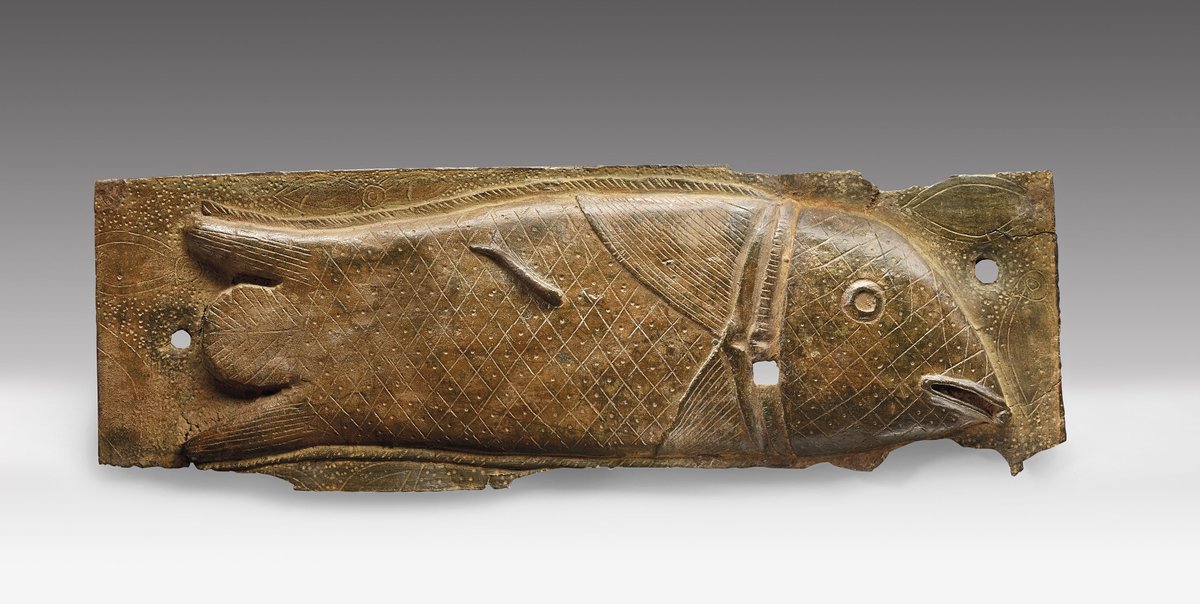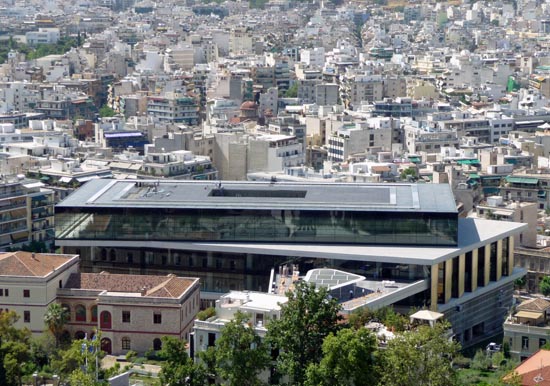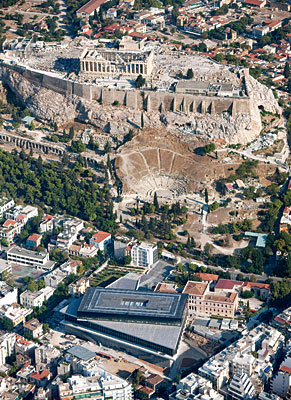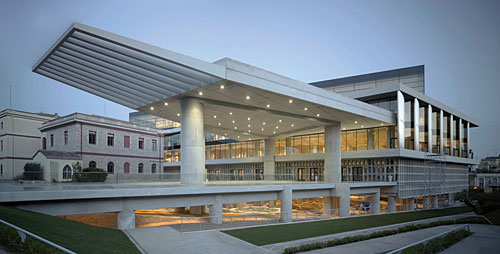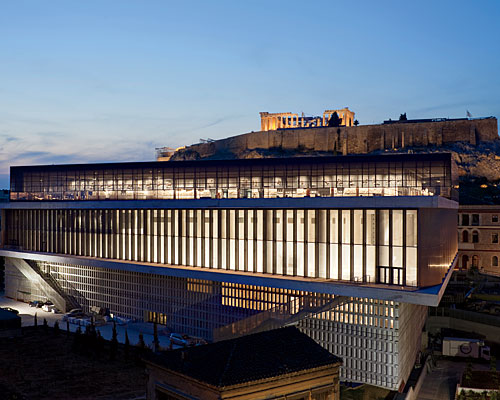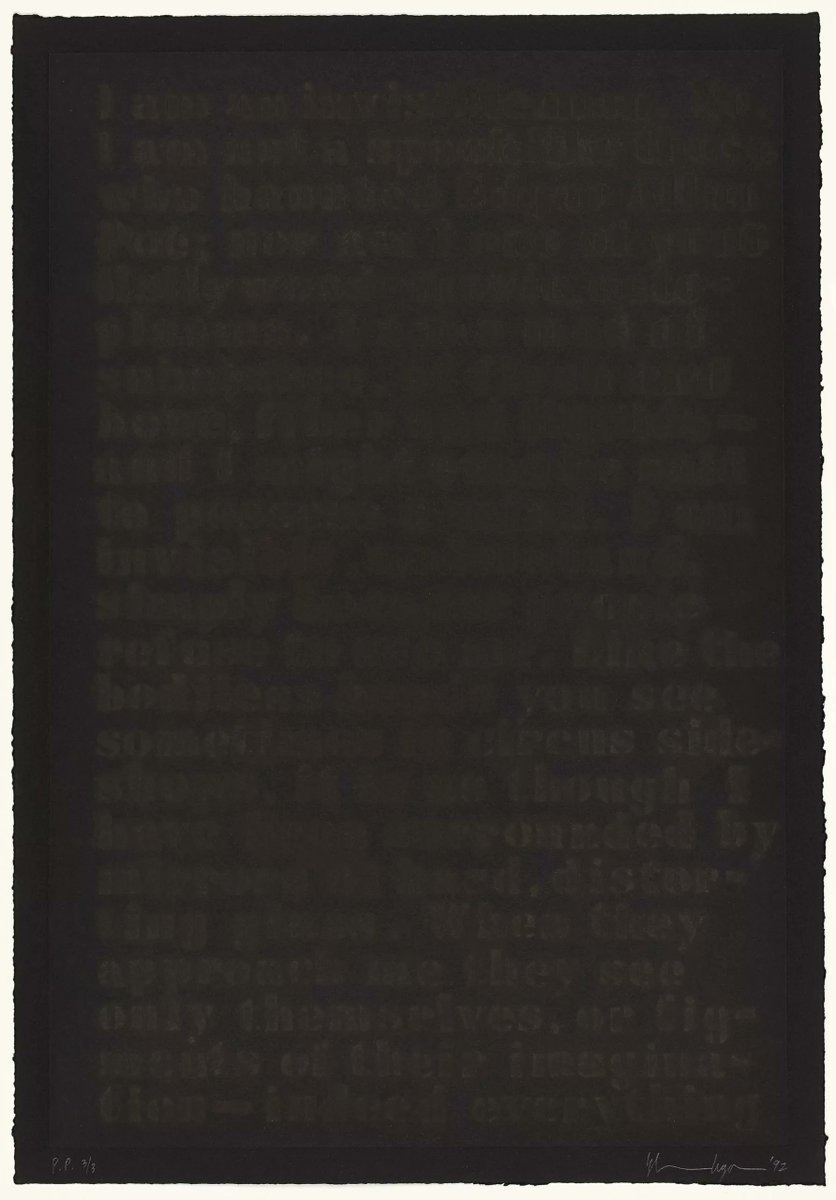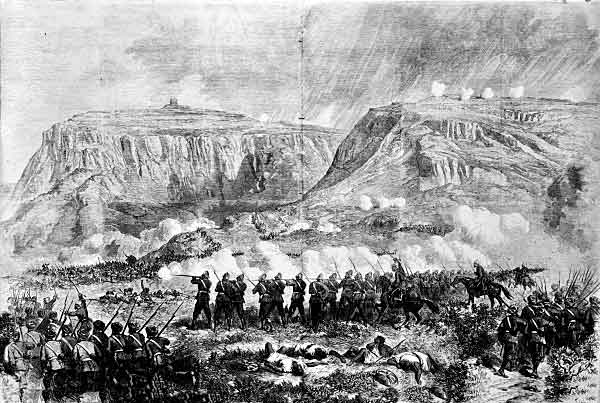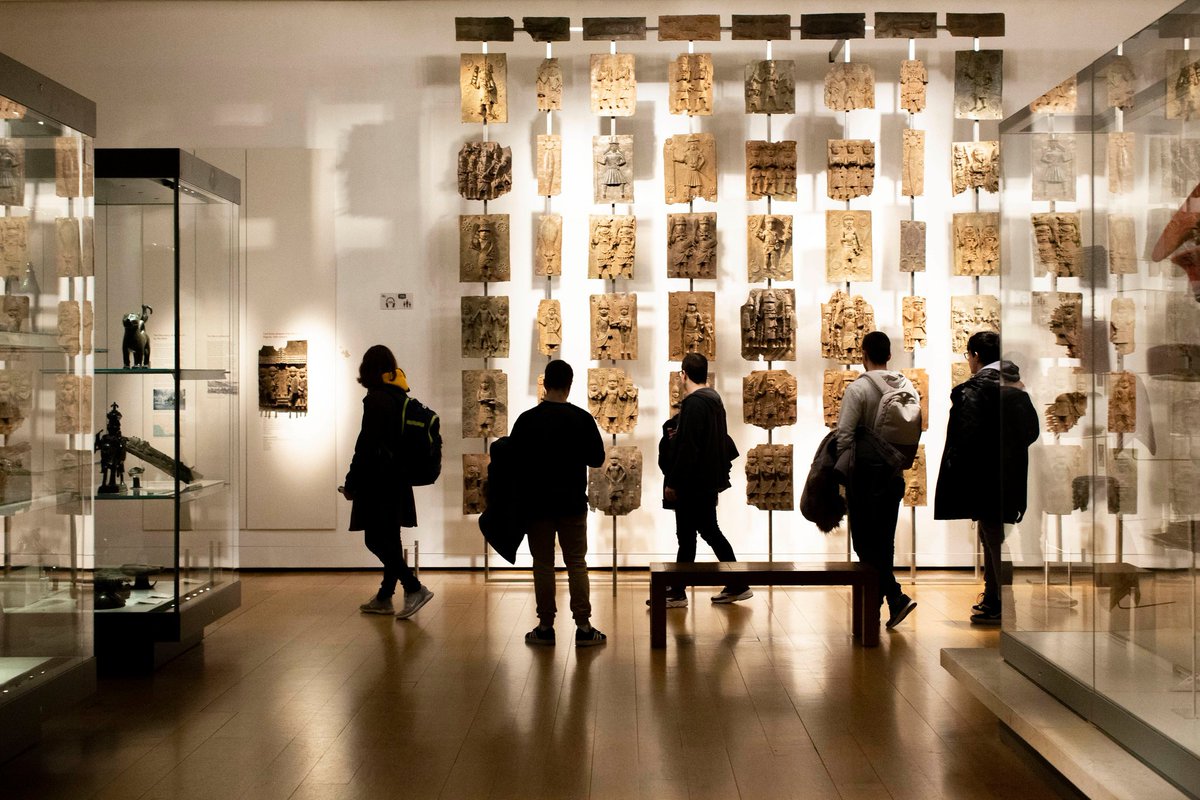
"You Hide Me Still: 50 Years On"- An iconic film shot in 1970 in #BritishMuseum by Nii Kwate Owoo which exposed the theft and concealment of African artefacts in the basement of the British Museum. In 2020 the spirit of #restitution beckons. eventbrite.co.uk/e/you-hide-me-… @EventbriteUK 

The seminar Lost Heritage was held at Africa Centre London in 1981. A #UNESCO spokesman noted that it was ironic that the conference was being held in UK, a “country which has given a great deal to the world and to other peoples but which has also taken a great deal from them” 
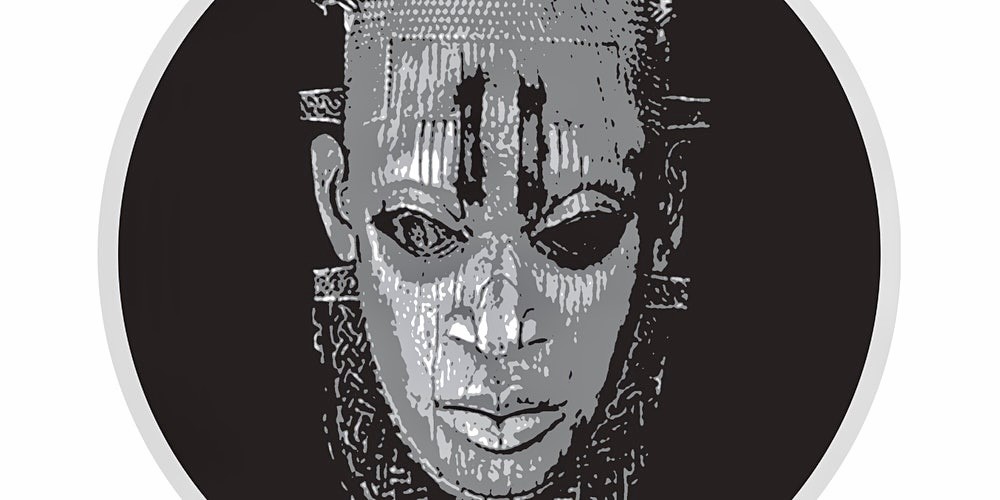
The film "You Hide Me" is the filmmaker's recording of a very important segment of African history: the pillage and the plunder of African cultural artefacts by Europeans by reference to what he uncovered in the #BritishMuseum, much of which is stored out of public view. 

#YouHideMe is a confronting film that dared to highlight and challenge the legacy of Britain's colonial and imperial past in 'acquiring' and holding on to looted African art. 50 years later the #BritishMuseum and other institutions can finally make amends. #colonialism #lootedart 

@threadreaderapp Please unroll #YouHideMe thread
• • •
Missing some Tweet in this thread? You can try to
force a refresh

